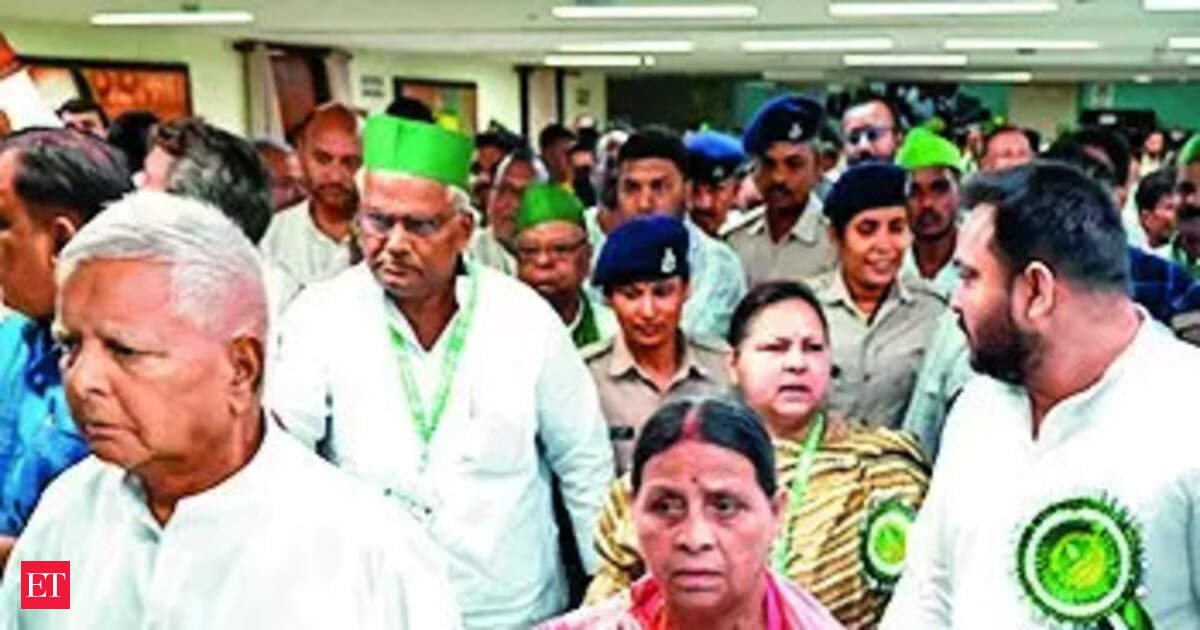Arguing in support of its demand for framing of charges against Lalu, the agency described him as the “kingpin” of the alleged scandal. The CBI has relied on statements of two approvers who have disclosed that they were allegedly pressurised by Lalu to give jobs to select applicants whose names were finalised by Lalu’s office. The agency also relied on statements of several prosecution witnesses who in their individual testimonies have told the agency that the list of applicants selected for jobs was handed over by the then private secretary of Lalu (the then Union railways minister) during the conference of general managers of railways department.
As regards Rabri Devi, daughter Misa Bharti and sons Tejashwi and Tej, the CBI argued that they were “beneficiaries” of the land parcels given by applicants in lieu of jobs given illegally to them in the railway department at the behest of Lalu and co-accused.
With CBI concluding its arguments, the accused will now present their counter arguments opposing the framing of charges against them. After conclusion of their counter arguments, the court will reserve its order and deliver its verdict on whether to kickstart the trial against Lalu and the co-accused.
In total, the CBI has chargesheeted 78 individuals, including Lalu.
The CBI had previously received sanction to prosecute Lalu for his alleged involvement in the case. The CBI had previously filed two charge sheets elaborating his alleged role in illegal recruitment of employees in two railway zones – central and western. However, the agency filed its final and composite charge sheet in the case, including all the remaining railway zones. Lalu and other public servants were also charged in the final charge sheet by the CBI. It is for this final charge sheet that the CBI had sought sanction from competent authorities in June last year.In June last year, the CBI had filed its final charge sheet against Lalu, Rabri Devi, Tejashwi, daughter Hema Yadav, the then OSD Bhola Yadav and others. Alleging that Lalu, Rabri Devi and Tejashwi were “ultimate beneficiaries”, the CBI, in one of its previous charge sheets, had claimed that the “larger conspiracy is not restricted to lands alone being transferred in lieu of jobs. The modus operandi also shows payments being made in cash or for political and such other incentives”. The charge sheet said Lalu, as railway minister, “not only influenced the officials of West Central Railways but also exerted official pressure on them”.




